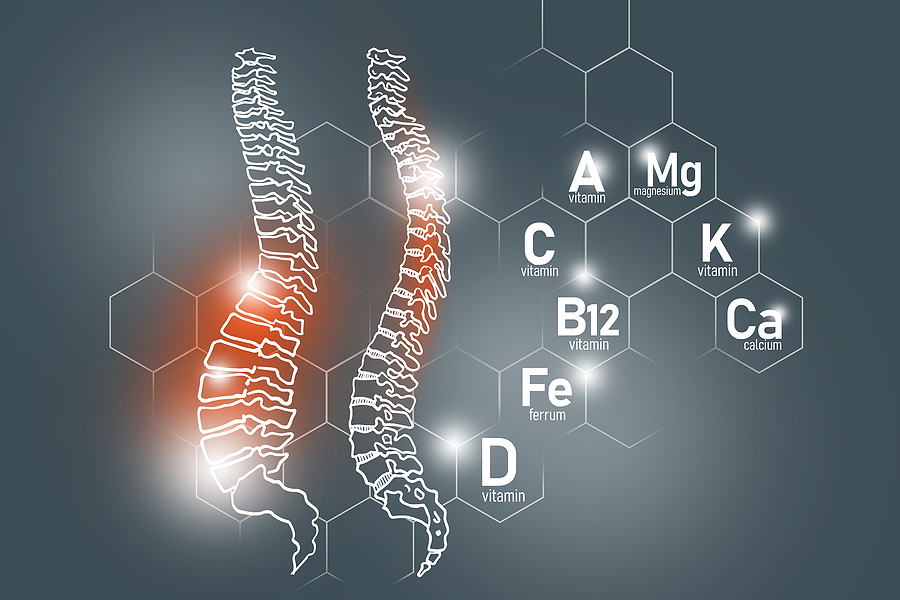Intermittent fasting, also known as intermittent fasting, is an eating strategy that has gained popularity for its versatile health benefits. This article provides a comprehensive overview of what intermittent fasting entails and the benefits it can provide.
- What does intermittent fasting entail?
- How Does Intermittent Fasting Contribute to Weight Loss?
- What Are the Benefits of Intermittent Fasting for Heart Health?
- Can Intermittent Fasting Help with Diabetes Management?
- How Does Intermittent Fasting Affect Brain Function?
- Does Intermittent Fasting Play a Role in Slowing the Aging Process?
- How do you start with intermittent fasting?
What does Intermittent Fasting mean?
Intermittent fasting is an eating pattern in which you alternate between fasting and eating. It doesn't focus on what you eat, but on when you eat. Popular methods are the 16/8 schedule and the 5:2 schedule.
How Does Intermittent Fasting Contribute to Weight Loss?
Limiting eating windows decreases overall calorie intake, leading to weight loss. Intermittent fasting also stimulates metabolism and fat burning.
What Are the Benefits of Intermittent Fasting for Heart Health?
Studies show that intermittent fasting can contribute to a reduced risk of heart disease by improving key indicators such as blood pressure and cholesterol levels.
Can Intermittent Fasting help with diabetes management?
Intermittent fasting improves insulin sensitivity and helps stabilize blood sugar levels, which is crucial for managing type 2 diabetes.
How Does Intermittent Fasting Affect Brain Function?
Intermittent fasting may have neuroprotective effects, such as improving memory and cognition, and may protect against neurodegenerative diseases.
Does Intermittent Fasting Play a Role in Slowing the Aging Process?
There is evidence to suggest that intermittent fasting activates the body's self-healing ability, which may contribute to a slowing of the aging process.
How do you start with Intermittent Fasting?
Start simple by skipping meals or limiting your eating window. It is important to start gradually and listen to your body.
Intermittent fasting is a flexible and effective approach to healthy eating with several benefits for weight loss, heart health, diabetes management, brain function, and potentially anti-aging. Adjusting it to your personal needs and lifestyle can lead to significant health improvements.














